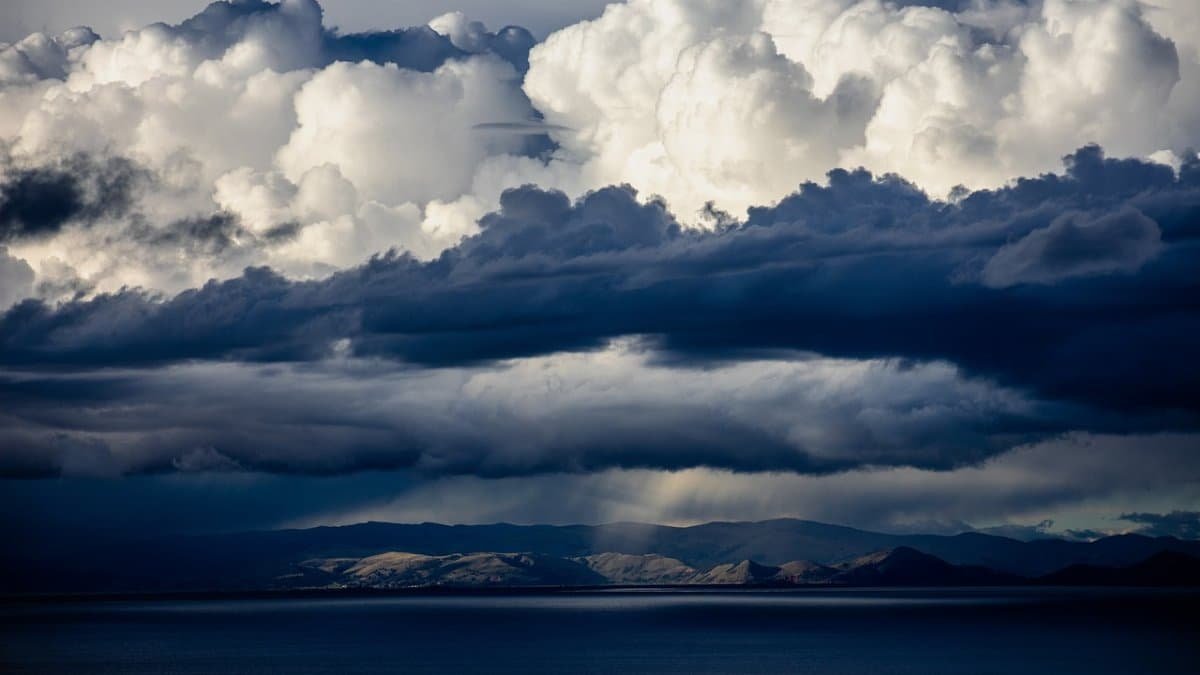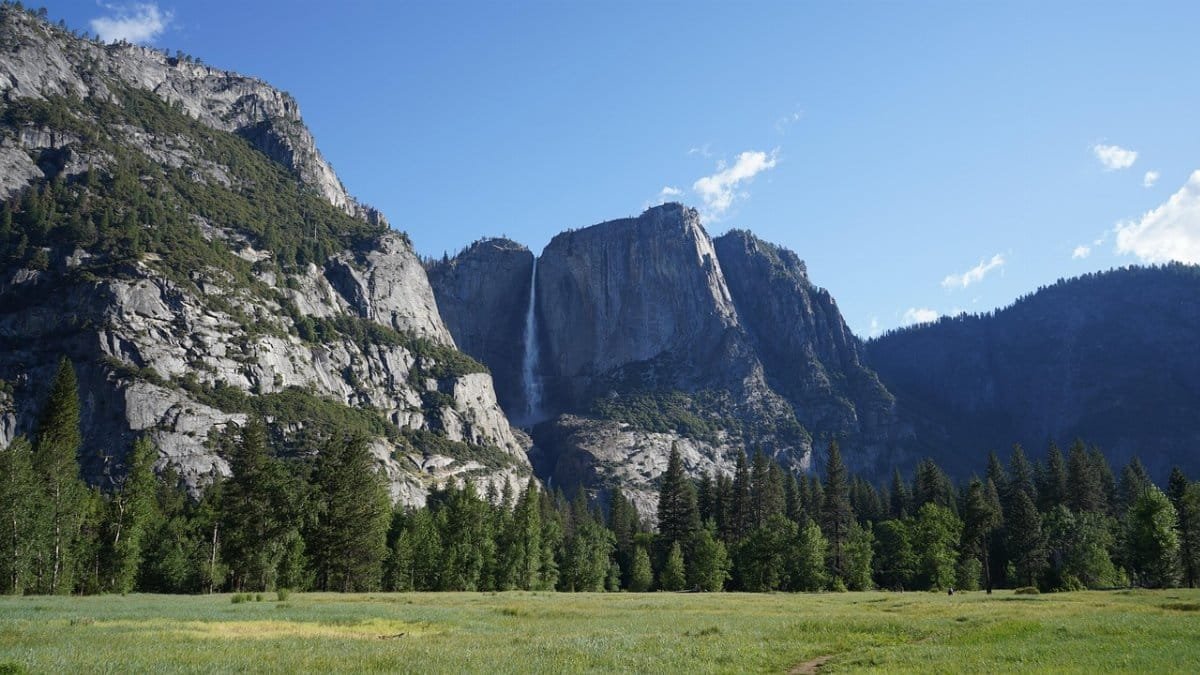The Science of Nature’s Calming Embrace

Let’s start with the magic beneath the surface. A 2019 study from *Frontiers in Psychology* found that just 20 minutes in nature drops cortisol levels—our stress hormone—by double digits. That’s not abstract; it’s my husband coming home from a trail walk, his shoulders looser, his smile softer. Nature walks mindfulness isn’t a luxury; it’s a reset. Researchers at Stanford also discovered that green spaces boost attention spans, pulling us out of mental fog. Picture this: instead of scrolling endlessly, you’re noticing a squirrel darting up a pine. That shift rewires your brain for clarity. The takeaway? Even a short jaunt outside can quiet the chaos, grounding you in the now with a scientist’s stamp of approval.
Reconnecting with Your Inner Compass

Now, let’s shift gears to something deeper. Last weekend, a friend texted me mid-hike: “I forgot how alive I feel out here.” That’s the thing—nature walks strip away the noise of deadlines and screens, nudging us back to our core. Spiritual Seekers know this as aligning with the universe’s pulse. It’s not woo-woo; it’s instinct. A University of Michigan study showed nature exposure boosts self-awareness, helping us tune into what matters. For me, it’s the crunch of leaves reminding me to breathe, to ask: What do I really want? The transformative bit? Use your walk to listen—not to podcasts, but to yourself. It’s a compass you didn’t know you’d lost.
A Moving Meditation for the Restless Mind

Building on that, nature walks double as meditation for those of us who fidget through silence. I’ll admit, sitting cross-legged chanting “om” isn’t my forte—my mind races. But walking? That’s different. The rhythm of steps, the sway of branches—it’s hypnotic. A *Journal of Environmental Psychology* report found that moving in nature cuts rumination (that endless mental loop) by 30%. Yesterday, I tried it: 15 minutes along a creek, focusing on each sound—water, birds, my own breath. My worries didn’t vanish, but they softened. The takeaway here is simple: let nature’s motion guide you into stillness. No lotus pose required—just curiosity and a trail.
Awakening Compassion Through Earth’s Lessons

Let’s pivot to something tender. Nature walks mindfulness often sparks a quiet compassion—for the planet, for others, for ourselves. Watching a deer pause mid-step or a flower push through cracked soil, I’m reminded: vulnerability isn’t weakness; it’s strength. Science agrees: a Harvard study linked nature time to increased empathy, as our mirror neurons fire up, connecting us to life around us. Chatting with my neighbor after her park stroll, she glowed, saying, “I felt part of something bigger.” That’s the gift—seeing ourselves in the web of existence. Try this: pause on your next walk, touch a tree, and whisper gratitude. It’s a small act that ripples outward.
Boosting Creativity with Every Step

Ever notice how ideas bloom when you’re outside? There’s a reason. A 2012 study in *PLOS One* revealed that nature walks boost creative problem-solving by 50%. I saw this firsthand when my friend, a writer, ditched her desk for a forest path and texted me a breakthrough plot twist an hour later. The outdoors unshackles our minds, letting thoughts dance like fireflies. For Conscious Explorers, this is gold—whether you’re journaling under Sedona’s vortexes or sketching by a local stream. The tip? Carry a notebook on your next walk. Jot down what sparks. Nature’s not just a backdrop; it’s a muse whispering brilliance.
Healing the Body, One Walk at a Time

Now, let’s talk physical alchemy. Beyond the mind, nature walks heal the body in ways we often overlook. The National Institute of Mental Health notes that regular outdoor time slashes inflammation—linked to everything from anxiety to heart disease. I felt this after a week of morning walks: my usual stiffness faded, my energy spiked. It’s not just me—my community’s “trail tribe” swears by it too. One member, a nurse, said, “It’s like free medicine.” The takeaway? Aim for 30 minutes, three times a week. Pair it with deep breaths of forest air (hello, phytoncides—nature’s immune boosters). Your body will thank you with every step.
Crafting a Daily Ritual for Spiritual Growth

Let’s weave this into daily life. Nature walks mindfulness can become your sacred ritual, a thread of cosmic wonder in the mundane. Think of it as Apple’s sleek simplicity meeting purple-hued mysticism—effortless yet profound. Start small: 10 minutes around your block, noticing one new detail each time—a bird’s call, a cloud’s shape. A University of Utah study found consistency in nature exposure amplifies well-being over time. For me, it’s my sunrise stroll, coffee in hand, feeling the earth wake up with me. The transformative key? Set an intention before you step out—peace, clarity, gratitude. It’s not just a walk; it’s a pilgrimage to your higher self.
Embracing the Seasons’ Subtle Wisdom

Finally, let’s lean into 2025’s rhythms. Early spring’s thaw—March’s muddy trails and budding blooms—mirrors our own renewal. Nature walks teach us to flow with change, not fight it. A *Psychology Today* piece highlighted how seasonal shifts in nature sync our circadian rhythms, easing mood swings. I love watching winter fade; it’s like the planet saying, “You can begin again too.” Chat with friends about this—they’ll nod, sharing how autumn leaves or summer hums shift their perspective. The takeaway? Match your walks to the season’s vibe—reflect in fall, energize in spring. It’s a dance with time that keeps you awake and alive.
This journey through nature walks mindfulness isn’t just about steps—it’s about stepping into yourself. Where will your next walk take you?
Read next: Embracing the Mindful Parenting Journey
